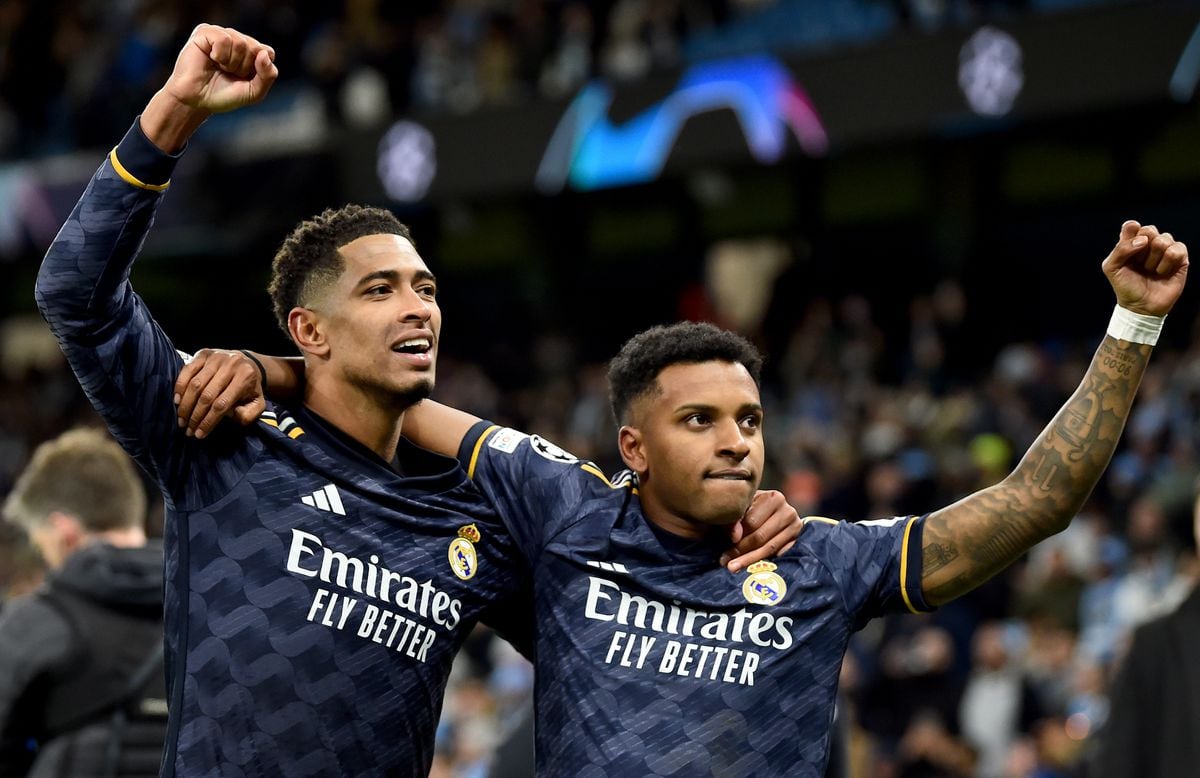Law and morality: on the question of Omar Atzili's call-up to the Israeli national team
The return of the hero of the minors case and the footballers to the national uniforms has rekindled the issue of whether there is a need for a new body called the moral police, and who should determine what is considered moral?
Prof. Alex Cromer
16/09/2022
Friday, September 16, 2022, 11:30
Share on Facebook
Share on WhatsApp
Share on Twitter
Share by email
Share in general
Comments
Comments
Summary of the day in Sport, 16.9 (Sport1)
I'll start with full disclosure.
I am a fan of Maccabi Haifa and the Israel national team.
And I am also an economist living in Norway.
I would like to refer to the heated debate surrounding the summoning or non-summoning of Omar Azili to the Israeli national team.
There is no debate here that Omar Atzili's actions in the case in question are clearly immoral.
Therefore, it is extremely important to discuss the case and raise it to the public agenda in order to minimize such phenomena in the future.
Such a discussion gives a very strong signal about the very high cost that such actions will have in the future.
Acts that can destroy a footballer's career, harm his family, and also harm the health and mental health of the girls involved and their families.
Therefore, not only am I not opposed to this discussion, but I also encourage it and see it as an extremely important tool in a democratic society.
But this discussion is also interesting because here there is a clash between several pillars of a reformed society.
On the one hand, the prosecutor's office closed the case, meaning that Omer Azili did not break the law.
On the other hand, as mentioned, he did something inappropriate and immoral.
And here the question arises, what prevails over what?
After all, laws should reflect social and moral norms.
Does this actually mean that the laws lag behind these norms?
Is there a need for a new body called the Morality Police?
By the way, there are countries where such a body exists (Iran, for example).
Is it worth adopting the idea and establishing such a body in Israel as well?
And if such a body is established, who will determine what is considered moral and less moral?
And speaking of morality, another question, is denying a person who has expressed remorse moral?
Is unforgiveness a moral thing?
After all, denying a person the right to advance in his career due to a police case, which was closed, is an illegal (and some would say immoral) step.
As mentioned, I live in Norway, and besides the fact that Norway is known as a great sports country, it is also known for its prisons.
In Norway, prisoners are treated as human beings and not as criminals.
The philosophy here says that you don't look at a convicted person as the scum of the human race, who needs to be trampled on, but as someone who needs to be rehabilitated so that he can return to society as a human being and contribute to society.
By the way, studies show that in Norway, there is the smallest percentage of recidivism.
It turns out that compassion pays off.
The moral police followed him.
Omar Atzili (Photo: Maor Alxalsi)
Another key point is the belief that footballers should serve as role models.
As an economist, I was educated already in the first lesson in the introduction to economics, that everyone has a relative advantage.
A person can be better at one thing and less good at another.
It's natural and that's how the world works.
I understand that soccer players are good at kicking the ball and athletics, therefore in these areas they have a relative advantage over a person who does not play soccer.
So definitely, in these areas and only in these areas, it makes sense for soccer players to be role models.
Does this mean that they should serve as a role model in all other things?
For example in school studies or university studies or in social involvement?
This "role model" thing is an invention of commercial companies and media because of the power of sports to attract an audience.
But, the question is how realistic is this story of a "role model"?
Some athletes are also good at other things and some are not.
Like an economics professor is good in one area, but understands nothing in another.
If we summarize the previous issues, then the discussion around Atzili is important and good that it exists.
But, a reformed society needs to know how to dance (it's also moral).
Being kind to people who have made a mistake, especially if they have regretted their actions, often results in greater social benefit.
And since Omar Atzili has a relative advantage in this thing called playing football, it is good for a company that he plays football for that company.
He has already paid the big price (family, mental and yes, also financial) and he expressed his regret as well.
By the way, Omar Atzili is not the first football player (and unfortunately, he probably won't be the last) to get in trouble with the law.
Legally speaking, he didn't even get into trouble in relation to others who were pardoned and invited to their country's national team.
For example, Eliran Atar was convicted in 2006 of conspiracy to commit a crime and assisting robbery after he was involved in stealing bags from women in Tel Aviv.
In the end, he was called to the Israeli national team by Dror Kashtan and then also in several other campaigns by other coaches.
good to know (in advance)
The rowing swimming method that will change your life (and make you fit)
Served on behalf of TI SWIM
He was forgiven.
Paolo Rossi (Photo: GettyImages)
It is also worth remembering two top players who were suspended for serious offenses but were returned to their national teams.
The first is the Italian Paolo Rossi, who was convicted in 1980 for suspicion of selling matches in the Italian league and was suspended by the Italian federation for three years.
The punishment was shortened to two years and immediately after that he was returned to the Italian team before the World Cup in 1982. The summons paid off from a sporting point of view.
In that World Cup, Paolo Rossi was the main player who brought the Italian team the long-awaited World Cup, after scoring six goals and becoming both the top scorer of the tournament and the outstanding player.
The second case belongs to the Bulgarian Hristo Stoichkov, who was first suspended for life and even sent to the army after getting beaten up in the Bulgarian Cup final in 1985. But after that, his sentence was softened and he returned to football in general and the Bulgarian national team in particular.
The peak came in 1994, when Stoichkov finished as the top scorer of the World Cup and led the Bulgarian national team to the semi-finals, an all-time record achievement for Bulgaria, which brought so much satisfaction to the Bulgarian people.
A more recent example belongs to Karim Benzema, perhaps the best footballer in the world in 2022. For example, in 2010 he was suspected of having sex with a 16-year-old girl (reminds something, doesn't it?) and was even charged with soliciting the prostitution of a minor, but in the end Benzema acquitted because it was not possible to prove that he (along with Franck Ribery) knew that these were minors (this already reminds me of the case of Omar Atzili and Dor Micah).
In the entire period between the charge and the decision of the sentence, Benzema excelled in the uniform of the French national team.
At the same time, Benzema was suspended from the French national team after being accused of blackmailing his teammate Mathieu Valboana.
Despite this, Benzema returned to the French national team after it was known that he would be prosecuted for this offence.
In the end, he was convicted in November last year, but still appears regularly in the French national team.
And we will finish with Diego Maradona, who is considered one of the greatest players in the history of football.
He was known for his love of drugs and was involved in many scandals, which included shooting at journalists, violent offenses against his girlfriend, etc.
At the same time, people (including some of those critics of Omar Azili) praise him as the greatest of all and even as God.
Diego Maradona is a prime example of how he can serve as a role model solely as a soccer player on a soccer field alone.
But what he did off the field cannot in any way be perceived as greatness and as a role model.
But as an actor, he brought a lot of moments of happiness to so many people around the world.
So yes, Omar Azili is not Diego Maradona, for better or for worse.
And to Omar Azili, like each of us deserves the right of forgiveness and a second chance.
We will all just benefit from it.
Alex Cromer is a full professor of sports economics in the department of sports management at the University of Moldavia, in Norway.
His research interests include sports economics, sports analytics, behavioral economics, competition theory and decision making.
He also serves as a guest lecturer in the sports business management major at Ben Gurion University in the course on decision making in a competitive environment.
You can watch videos about sports, economics and politics on his YouTube site
sport
Israeli soccer
Israel national teams
Tags
The affair of the footballers and minors

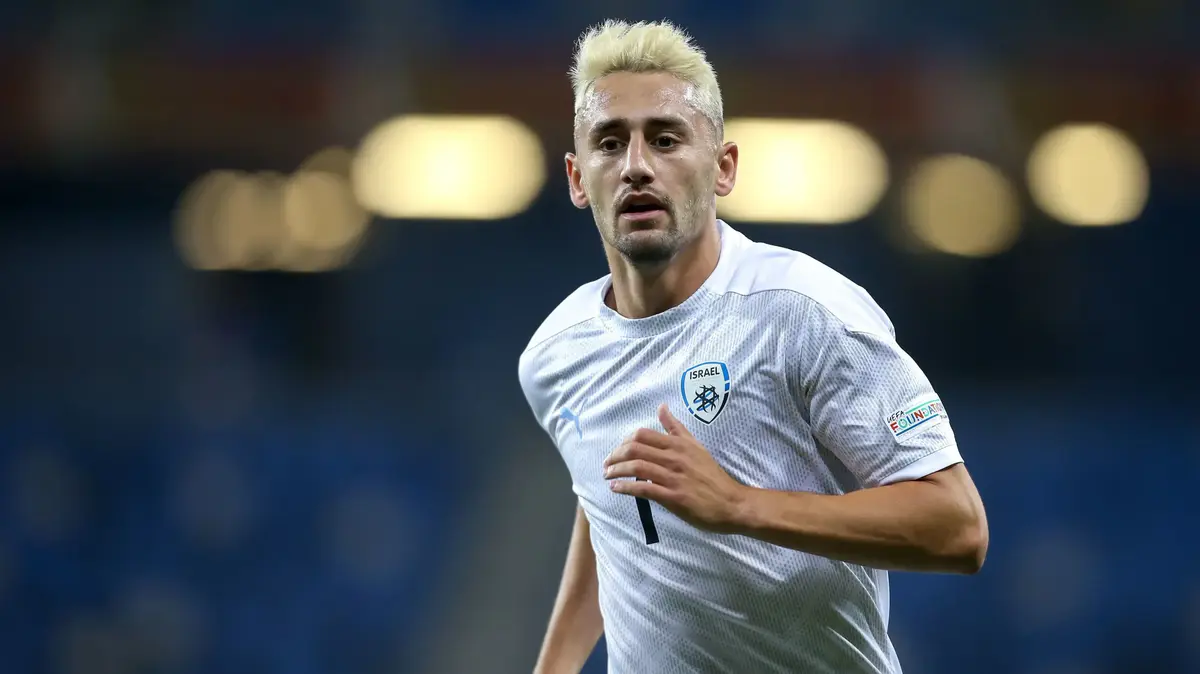

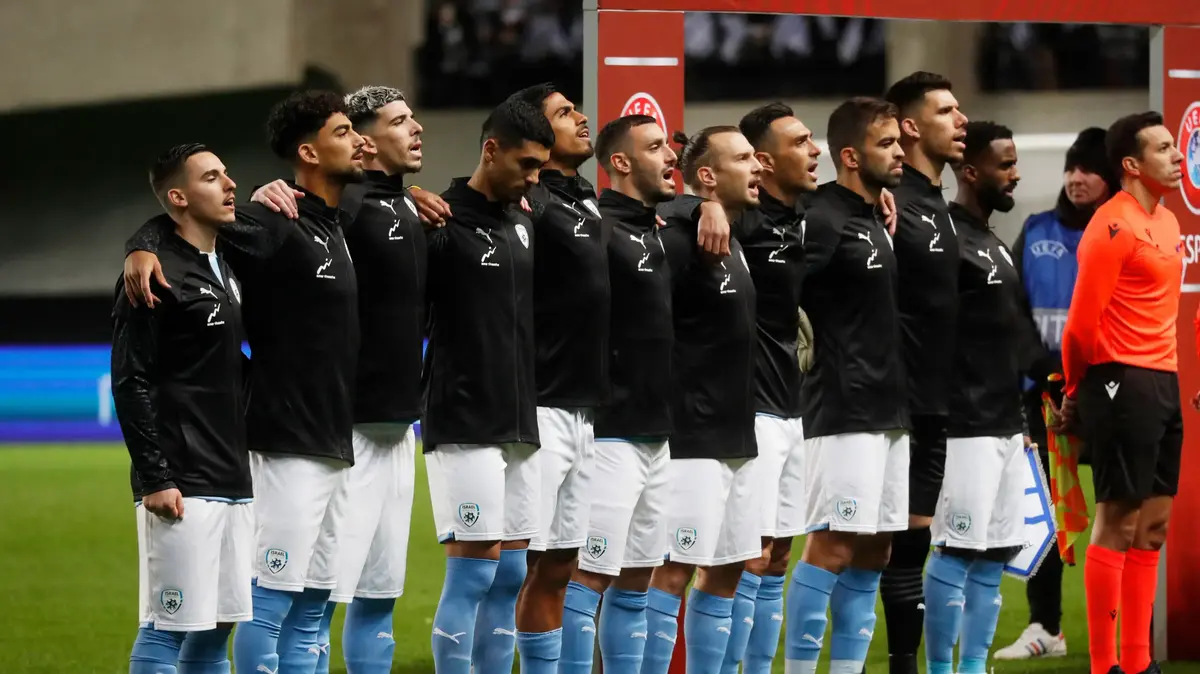

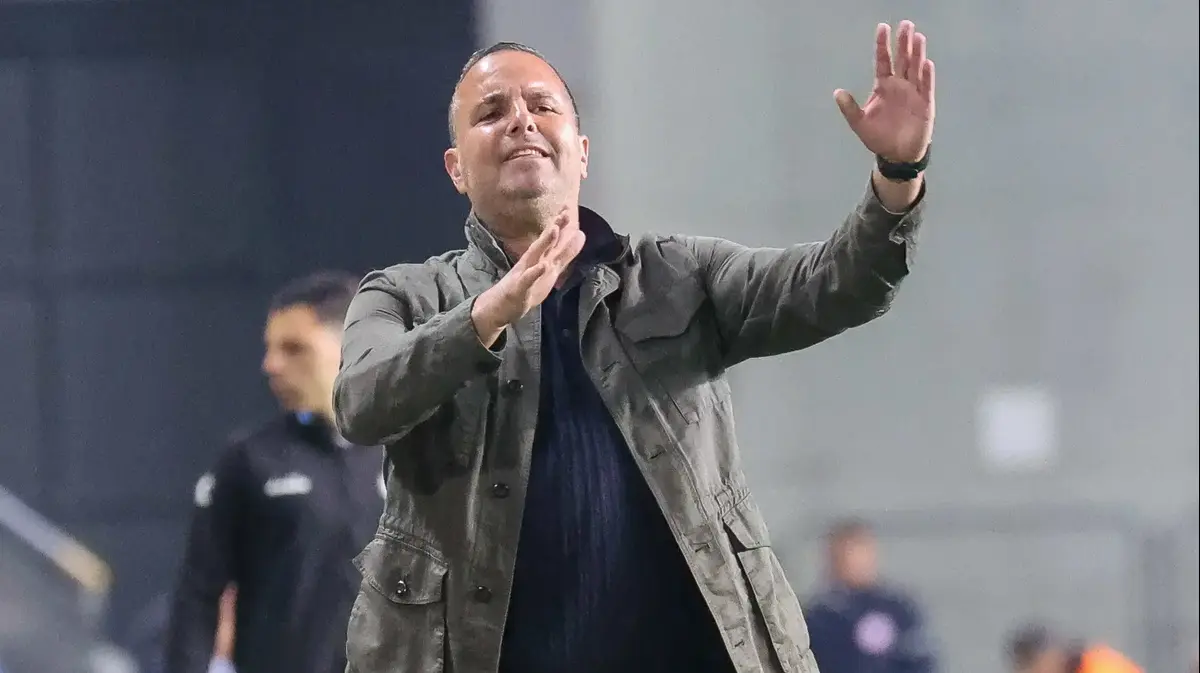
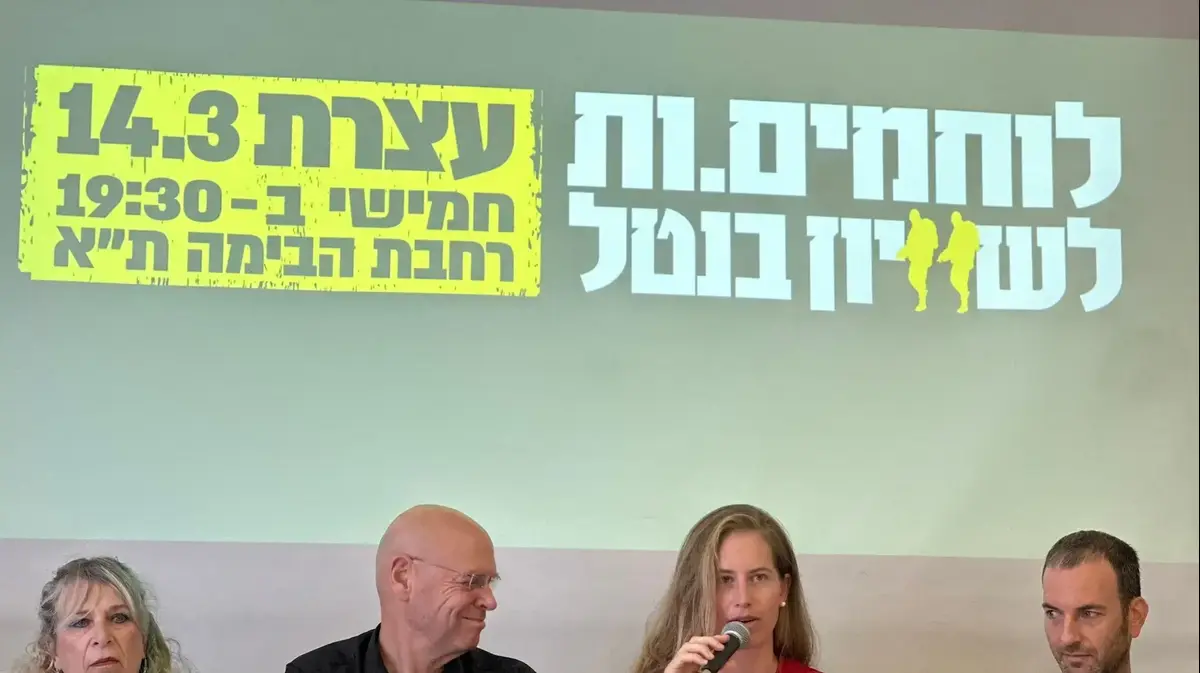
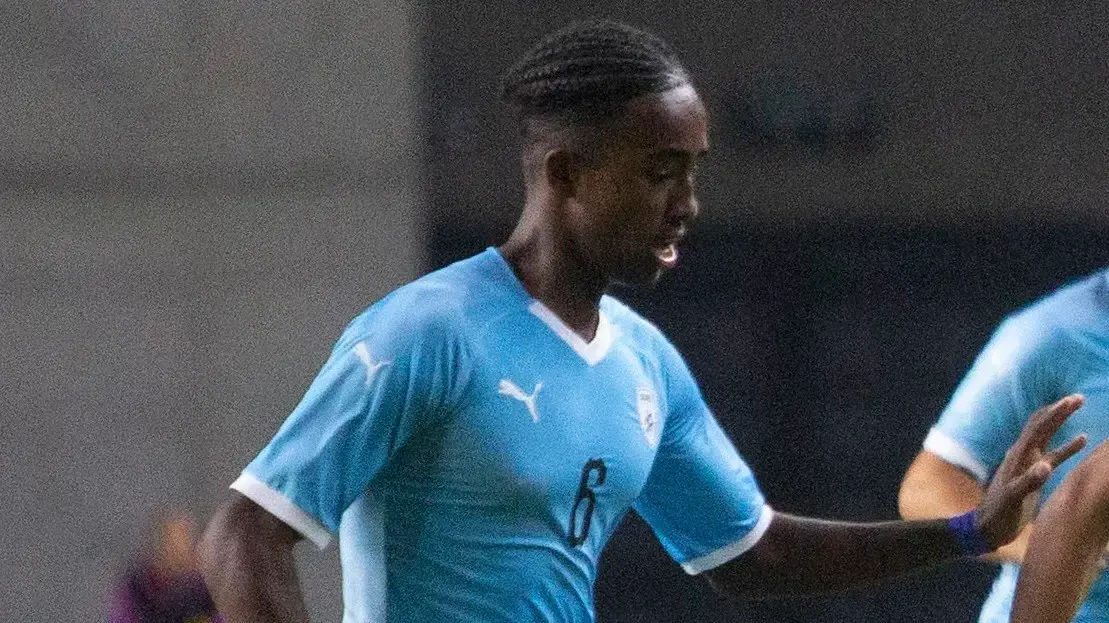



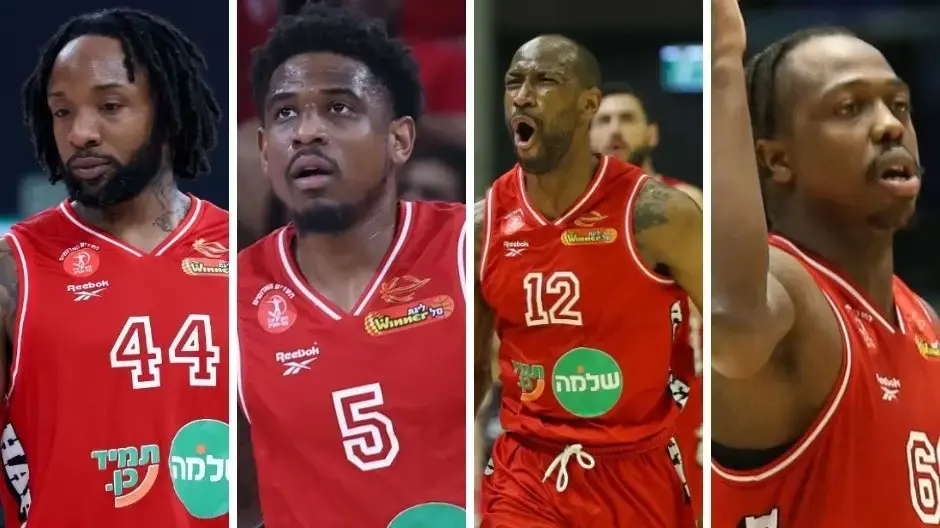
/cloudfront-eu-central-1.images.arcpublishing.com/prisa/S7UVDTX7DREC7DXVCZN6MEKGBY.jpg)

